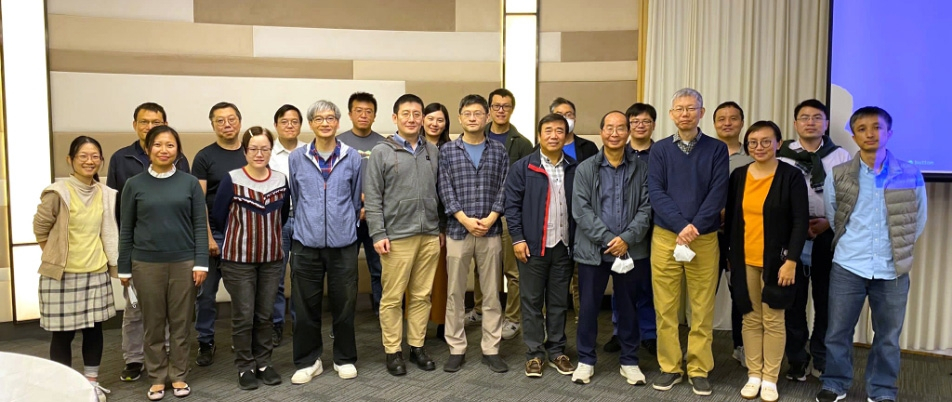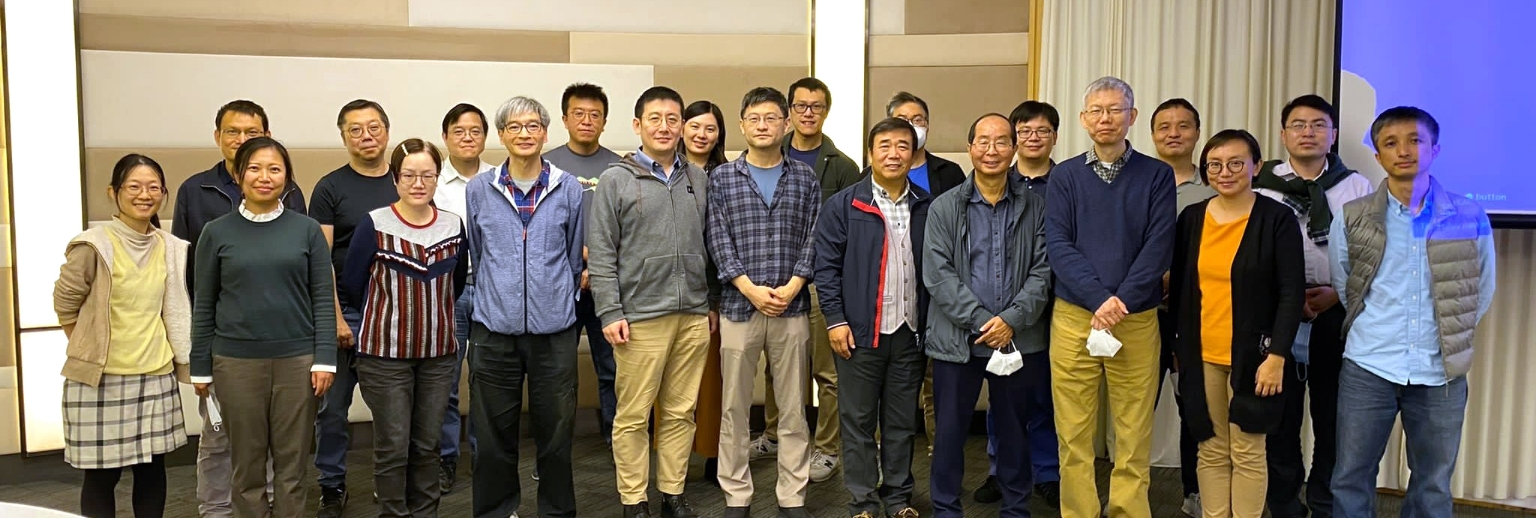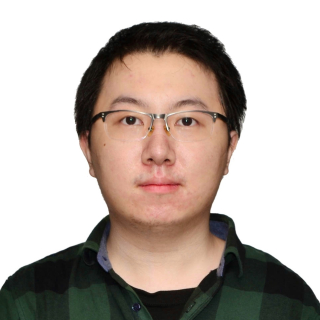Academic StaffBACK
Dr. Wenyuan Wang is a Research Assistant Professor at the University of Hong Kong (HKU) Physics department. He received his Bachelor of Science degree from HKU in 2015 and his PhD degree from the University of Toronto in 2020 under the supervision of Prof. Hoi-Kwong Lo. He worked then as a Postdoctoral fellow at the Institute of Quantum Computing, Waterloo in the group of Prof. Norbert Lutkenhaus for a year and rejoined HKU in 2021.
Dr Wang's main research interest is quantum communication, especially the design, security proof, and optimization of quantum key distribution (QKD) protocols. He is interested in QKD systems in practical scenarios, quantum networks, as well as the combination of novel computational techniques (e.g. classical machine learning and semi-definite programming) with QKD, and he also collaborate closely with experimentalists on various QKD projects. Moreover, he is interested in expanding the linear optical platform for QKD to other quantum communication and computing tasks, as well as potentially quantum machine learning.
- "Fully-Passive Quantum Key Distribution.", Wenyuan Wang, Rong Wang, Chengqiu Hu, Victor Zapatero, Li Qian, Bing Qi, Marcos Curty, Hoi-Kwong Lo, Physical Review Letters 130, 220801 (2023).
- “Proof-of-Principle Demonstration of Fully-Passive Quantum Key Distribution”, Chengqiu Hu, Wenyuan Wang, Kai-Sum Chan, Zhenghan Yuan, Hoi-Kwong Lo., Physical Review Letters 131, 110801 (2023).
- “Fully-Passive Twin-Field Quantum Key Distribution.”, Wenyuan Wang, Rong Wang, Hoi-Kwong Lo, arXiv preprint arXiv: 2304.12062 (2023).
- "Numerical Security Proof for Decoy-State BB84 and Measurement-Device-Independent QKD Resistant against Large Basis Misalignment.", Wenyuan Wang, and Norbert Lütkenhaus, Physical Review Research 4, 043097 (2022)
- "Proof-of-principle experimental demonstration of twin-field quantum key distribution over optical channels with asymmetric losses.”, Xiaoqing Zhong, Wenyuan Wang, Li Qian, Hoi-Kwong Lo, npj Quantum Information 7, 8 (2021)
- "Simple Method for Asymmetric Twin-Field Quantum Key Distribution", Wenyuan Wang, and Hoi-Kwong Lo, New Journal of Physics 22, 013020 (2020)
- "Machine Learning for Optimal Parameter Prediction in Quantum Key Distribution.", Wenyuan Wang, and Hoi-Kwong Lo, Physical Review A 100, 062334 (2019)
- "Experimental demonstration of high-rate measurement-device-independent quantum key distribution over asymmetric channels.", Hui Liu, Wenyuan Wang, Kejin Wei, Xiao-Tian Fang, Li Li, Nai-Le Liu, Hao Liang, Si-Jie Zhang, Weijun Zhang, Hao Li, Lixing You, Zhen Wang, Hoi-Kwong Lo, Teng-Yun Chen, Feihu Xu, Jian-Wei Pan, Physical Review Letters 122, 160501 (2019)
- "Asymmetric Protocols for Scalable High-Rate Measurement-Device-Independent Quantum Key Distribution Networks.", Wenyuan Wang, Feihu Xu, and Hoi-Kwong Lo, Physical Review X 9, 041012 (2019)
- "Prefixed-threshold real-time selection method in free-space quantum key distribution.", Wenyuan Wang, Feihu Xu, and Hoi-Kwong Lo, Physical Review A 97, 032337 (2018)
- Seed Fund for Basic Research for New Staff 2021 (PI): Multi-party quantum conference key agreement based on single-photon interference (HKU Project Code: 202107185051)
- General Research Fund (GRF) 2022/23 (PI): Fully-passive Twin-Field Quantum Key Distribution (HKU Project Code: 17312922)
- National Natural Science Foundation of China (NSFC) Young Scientist Fund 2023-2025 (PI): Automated Design of Measurement-device-independent Quantum Key Distribution Protocols using Machine Learning





